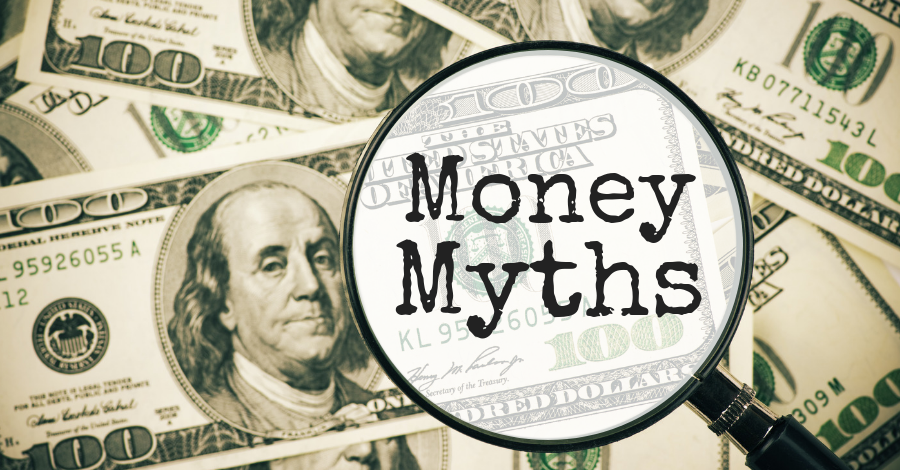Savings accounts serve as a base to promote financial stability, allowing you to securely park your money while earning satisfactory returns. The safety, liquidity, and convenience of savings accounts make them a prudent option for parking funds. However, like any financial product, savings accounts too have their share of myths that can cloud judgement and mislead potential savers. Debunked here are some myths to help you make informed decisions about your money.
Myths on savings accounts –
Maintaining a minimum balance is a costly affair
While it is true that banks impose minimum balance requirements, these thresholds vary widely. Many online bank accounts have nil minimum balance requirements compared to traditional bank accounts. Hence, it is essential to browse through the preferred bank’s website to choose a bank account in line with your financial condition to avoid incurring unnecessary charges on non-maintenance of minimum balance.
Savings accounts yield lower returns
Indeed, savings accounts generally offer lower interest rates than other investment options, especially market-linked instruments. However, this myth overlooks the fact that these accounts are designed for liquidity and safety, not high returns. This interest constituent that you earn on your savings deposit is compounded, which grows your savings considerably over the long run. Such savings can be used for meeting your short-term financial goals as well as they can serve as a perfect instrument in times of financial exigencies owing to their high liquidity and capital safety features.
You need a huge initial deposit
Contrary to this notion, banks today offer savings accounts with minimal initial deposits. Some online bank accounts require no deposit amount to open an account. These accounts often have nil minimum average balance requirements. This accessibility ensures that anyone, irrespective of the annual income they earn, can start saving without the need for a huge sum of money. The ease of entry allows you to begin your savings journey early, allowing you to take advantage of the power of compounding even with modest amounts.
Savings accounts have hidden fees
While savings bank accounts may have certain charges associated with specific transactions or services, these charges are generally transparent and can be avoided with careful account management. Banks offer clear fee schedules on their website, making it easier for you to understand and manage your costs. Staying informed about such charges on your savings account and utilising online banking platforms to track your transactions can help you steer clear of unanticipated fees.
Conclusion
A savings bank account is a crucial product promoting financial prudence. While the above common misconceptions are often circulated, it is necessary to debunk them and understand the actual value of opening a savings bank account. While such accounts may not make you an overnight millionaire, they serve as a secure platform for your surplus funds, offer convenience, and promote financial discipline. Whether you are a student, a working professional, or a retiree, savings accounts provide a user-friendly platform to protect your money and cultivate a prosperous financial future.






